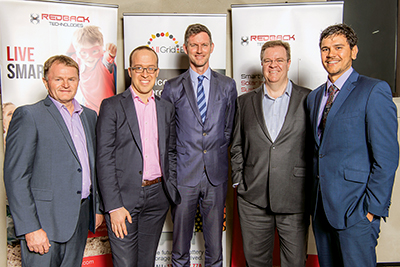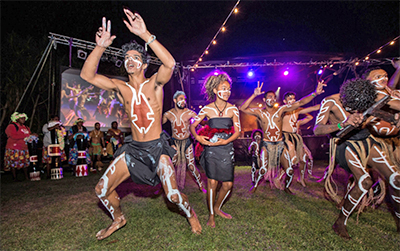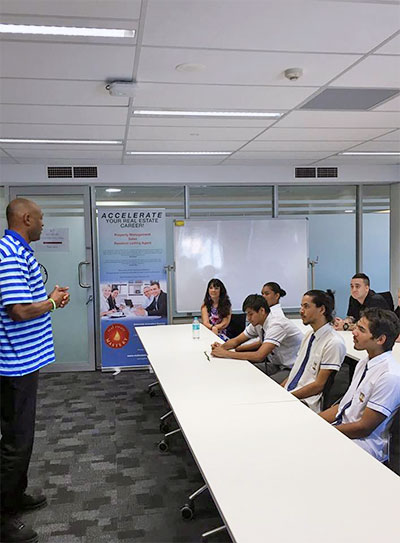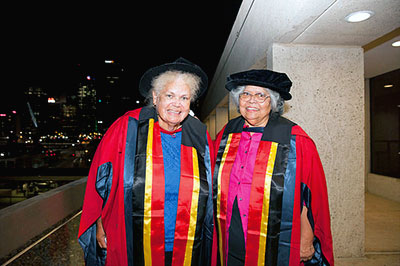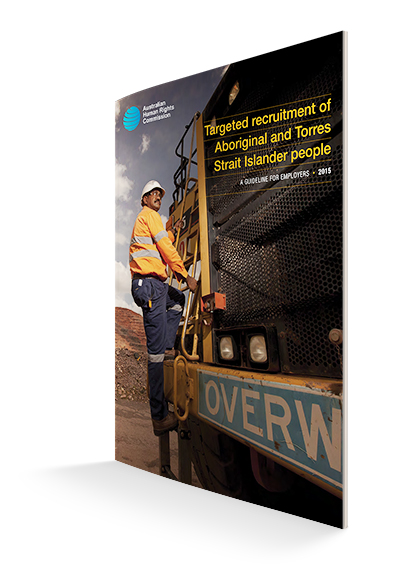INDIGENOUS Conference Services (ICS) is organising a prodigious line-up of keynote speakers for its 2016 conference series.
ICS Australia’s Indigenous conferences for this year, feature three events in Adelaide, one on the Gold Coast, two in Cairns and two in Sydney.
“The overwhelming response of the call for papers clearly indicates the deep interests of organisations and individuals working in the field of Indigenous services to improve First Nations peoples’ wellbeing,” an ICS spokesman said. “With this in mind, we have great pleasure in announcing the high calibre of keynote speakers and great depth of workshop presenters from within Indigenous communities around the world.” 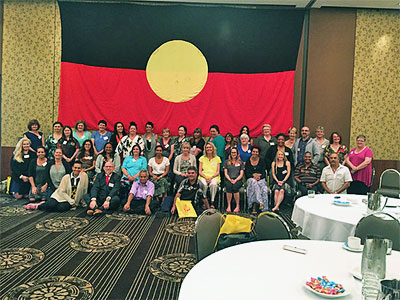
Among the keynote speakers at the 2016 Global Indigenous Men’s Conference, to be staged at Adelaide’s Stamford Hotel Glenelg on September 12-14, is Jack Bulman, a Muthi Muthi man from South Western NSW who is CEO of Mibbinbah – a health promotion charity for Indigenous males. He will feature with Dr Rick Hayes, a university lecturer and co-founder of Mibbinbah.
President of the Men’s Health Forum NSW Inc. and vice president of the Australian Men’s Health Forum Inc., the national peak body for improving male health, Greg Millan will feature, along with world renowned Aboriginal artist from Daguragu, Kalkarindji, Pidgeon Hill and Alice Springs in the Northern Territory, Eddie Janama Kitching. Also presenting is director of Aboriginal Health NSLHD and Gomeroi man from North Western NSW, clinical associate professor Peter Shine.
There are also Dean McLaren and Gavin Kelly of Nyugumba Aboriginal Men’s Programs and Kup-poon-dee Men’s Service; Prof. Norman Sheehan, Gnibi from the College of Indigenous Australian Peoples Southern Cross University; Jermane Herbohn of First Nations Rainforest peoples form Kuranda and Black Duck Dreaming project lead; and Helmut Rohde, the Plus-Partners managing partner.
On the same dates at the Stamford Hotel Glenelg is the 2016 World Indigenous Women’s Conference. This year it will bring together First Nations women speakers including Terabalang Bunda, Gooreng Gooreng and Kabi Kabi Elder, along with chaplain and IWC Board director, Cheri Yavu-Kama-Harathunian. Speaking also will be Metis activists and human rights advocates, Muriel Venne and Rachelle Venne, who is the founder of the Institute for the Advancement of Aboriginal Women (IAAW).
Other keynotes will be deliverd by Dr Nina Sivertsen, university lecturer and Indigenous Sea-Sámi Nurse from Northern Norway; Linda Burney, the first Aboriginal Australian to be elected to the NSW Parliament and a proud member of the Wiradjuri Nation; Regina Richardson, a Yamatji woman of the Amangu group in the mid-west region of Western Australia; Susan Moylan-Coombs, founder and director of Leader for Change from Woolwonga and Gurindji in the Northern Territory; Eliza Pross, Leader for Change Consultant, who is a Gaimariagal resident, and Yuin/Palawa woman from Southern NSW and Tasmania; plus Wendy Watego, co-founder and national program director of STARS Institute of Learning and Leadership. Speaking at the event will be Luita Casey, an Aboriginal women’s health nurse; Leann Bonner, an Indigenous and CALD project officer of DonateLife South Australia; Caryn Walsh, CEO of Pure Magic International Business Solutions; and Carol Vale, managing director of Murawin Consultancy and several other board roles.
DOMESTIC VIOLENCE FOCUS
As part of the Glenelg conferences, the specially organised Global Indigenous Say No to Family and Domestic Violence Conference will also be staged.
More than half of the featured speakers for this year’s conference are from community based organisations from grassroots First Nations’ communities in Canada, New Zealand and Australia.
Uncle Steve Gadlabarti Goldsmith, traditional owner and Kaurna Elder and Taylor Power- Smith will welcome all conference delegations to country.
Among the featured national and international keynote speakers are Zoe Bettison, Minister for Status of Women with the South Australian Government; Trudy Lavallee, executive director of Ikwe Widdjiitiwin crisis shelter in Winnipeg, Manitoba; Brandy Kane, manager of Indigenous Battered Women’s Support Services in Vancouver; Aboriginal artist, Judith-Rose Thomas and Nell Kuilenburg, the development and research manager of the Salvation Army Tasmania; Rita Butera, CEO of Women’s Health Victoria; Jenny Munro, CEO of Mudgin-gal Aboriginal Women’s Centre; Terabalang Bunda, Gooreng Gooreng and Kabi Kabi Elder and IWC Board director, Cheri Yavu-Kama-Harathunian; Nicola Paton, manager of New Zealand Family Violence Clearinghouse; Dr Andrew Ramsay, GP consultant in emergency medicine at the Noarlunga Hospital and manager for the Peace Education Program; managing director of Murawin Consultancy, Carol Vale with Hetty Johnston, founder and CEO of Bravehearts; Libby Davies, CEO of White Ribbon and director of Aboriginal Health NSLHD; with a Gomeroi man from North Western NSW, clinical associate professor Peter Shine.
“It is encouraging to see both government and non-government organizations participating in choosing the agenda and as delegates as well,” the ICS spokesman said. “For after all, these conferences are about sharing of information on successful Indigenous programs implemented all throughout the world and provide unique interagency networking at a global level.”
www.indigenoushealth.net
www.indigenousconferences.com
ends
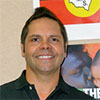
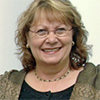
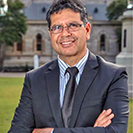

 How to resolve AdBlock issue?
How to resolve AdBlock issue? 